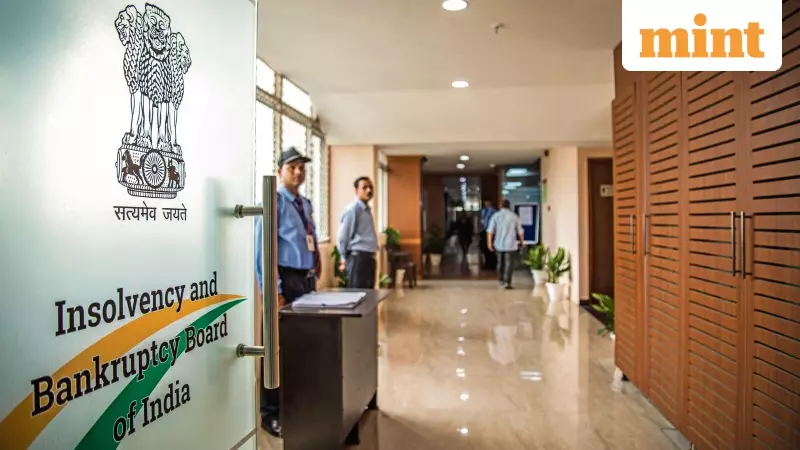
In a significant move that strengthens India's fight against financial crimes, the Insolvency and Bankruptcy Board of India (IBBI) has officially declared the Insolvency and Bankruptcy Code (IBC) as a "reporting organization" under the Prevention of Money Laundering Act (PMLA). This landmark decision creates a powerful synergy between two crucial financial laws.
What This Means for India's Financial Landscape
The integration means that Insolvency Professionals (IPs), who are at the forefront of resolving corporate insolvencies, now have mandatory obligations to report suspicious transactions to the Financial Intelligence Unit-India (FIU-IND). This closes a critical gap in the country's anti-money laundering framework.
Key Implications of the Integration
- Enhanced Fraud Detection: IPs must now vigilantly monitor transactions during corporate insolvency for any signs of money laundering activities
- Mandatory Reporting: Suspicious transactions must be reported to FIU-IND, creating an additional layer of financial oversight
- Strengthened Resolution Process: The move ensures cleaner and more transparent corporate insolvency proceedings
- Deterrent Effect: Potential fraudsters will now think twice before attempting to misuse the bankruptcy process
The Regulatory Framework Takes Shape
The notification, issued by the finance ministry, designates the IBBI as the "regulator" for implementing PMLA provisions concerning corporate insolvency, personal insolvency, and individual voluntary arrangements. This formalizes the Board's expanded role in combating financial crimes.
This development represents a crucial step forward in creating a more robust financial ecosystem. By aligning the IBC with anti-money laundering protocols, authorities can better track and prevent the diversion of funds during critical corporate restructuring phases.
Broader Impact on Corporate Governance
The integration signals India's commitment to strengthening its financial regulatory framework. It ensures that the bankruptcy resolution process, already a transformative reform for the Indian economy, now operates with enhanced safeguards against financial malfeasance.
This move is particularly significant given the increasing complexity of financial crimes and the sophisticated methods used to conceal illicit funds. The collaboration between bankruptcy professionals and financial intelligence authorities creates a formidable barrier against money laundering activities within the corporate sector.
As India continues to refine its financial regulatory mechanisms, this alignment between IBC and PMLA marks a pivotal moment in the nation's journey toward greater financial transparency and accountability.






